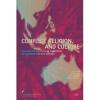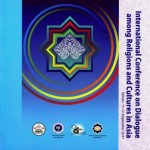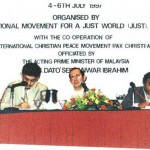Index
Filter by themes:
- (-) Remove Asia filter Asia
- (-) Remove Society, Culture & Religion filter Society, Culture & Religion
- Australia (1) Apply Australia filter
- Conflict & Violence (1) Apply Conflict & Violence filter
- Dialogue (2) Apply Dialogue filter
- Globalisation (1) Apply Globalisation filter
- Human Rights (1) Apply Human Rights filter
- Peace & Security (2) Apply Peace & Security filter
- Politics & Governance (1) Apply Politics & Governance filter









